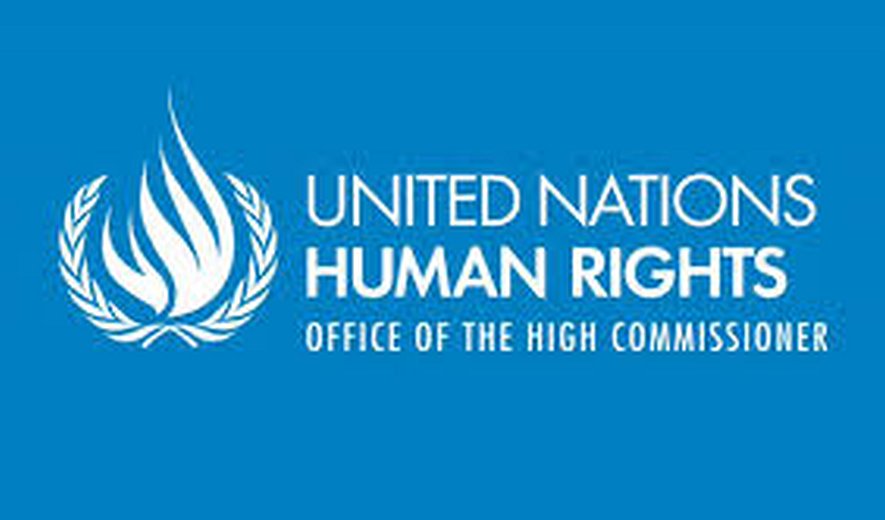UN rights experts condemn recent upsurge in executions in Iran, calling for a moratorium on the death penalty
8 May 15

Iran Human Rights, May 8, 2015: Following the sharp increase in the number of executions in the recent weeks in Iran, the United Nations Special rapporteurs published a statement condemning the executions and called on the Iranian authorities to establish a moratorium on the death penalty:
UN rights experts condemn recent upsurge in executions in Iran, many of them unreported
GENEVA (8 May 2015) – The United Nations Special Rapporteurs on the situation of human rights in Iran, Ahmed Shaheed, and on extrajudicial executions, Christof Heyns, today condemned the sharp increase in executions in recent weeks in the Islamic Republic of Iran.
In many instances, executions have gone unreported by official sources, and the names of prisoners have not been published.
“When the Iranian government refuses to even acknowledge the full extent of executions which have occurred, it shows a callous disregard for both human dignity and international human rights law,” Mr. Shaheed stressed.
Between the 9 and 26 of April, as many as 98 prisoners are reported to have been executed, an average of over six per day. The latest wave brings the total number of executions since 1 January 2015 to more than 340, including at least six political prisoners and seven women.
“We are alarmed by the recent surge in the number of executions, which has occurred despite serious questions about fair trial standards,” Mr. Heyns noted. “Many of the prisoners executed during this period were charged with drug-related offences, which do not involve intentional killing and hence do not meet the threshold of the ‘most serious crimes’.
The independent experts drew special attention to continued reports of executions taking place in public, with 15 such executions known to have occurred already in 2015. “Executions staged in public have a dehumanising effect on both the victim and those who witness the execution, reinforcing the already cruel, inhuman and degrading nature of the death penalty,” they said.
The Special Rapporteurs jointly urged the Iranian Government to heed to the growing appeal by the UN human rights system to halt all executions and to establish a moratorium on the death penalty, with a view to abolishing the practice altogether.
ENDS
Ahmed Shaheed (the Maldives) is a Visiting Professor at Essex University, UK; a former member of the Maldivian presidential Commission Investigating Corruption; and a foreign policy advisor to the President of the Maldives. Mr. Shaheed was Foreign Minister of the Maldives from 2005 to 2007 and from 2008 to 2010. He led the country’s efforts to sign and ratify all nine international human rights Conventions and to implement them in law and practice. He was appointed as the Special Rapporteur on the situation of human rights in Iran in June 2011 by the UN Human Rights Council. Learn more, visit: http://www.ohchr.org/EN/

